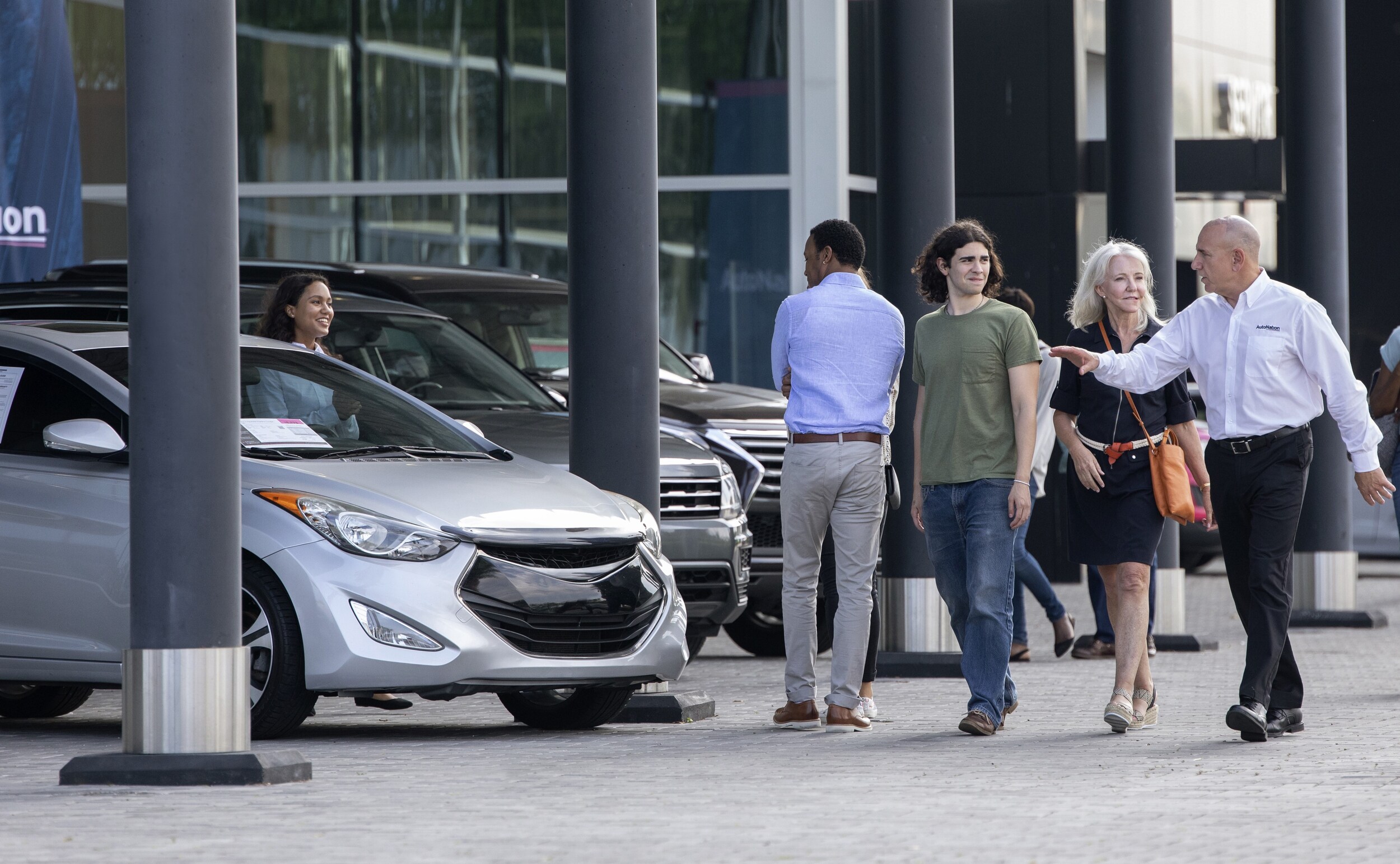
When is The Best Time to Buy A Used Car?

When is the Best Time to Buy a Used Car?
Timing is everything, and when it comes to buying a used car, understanding market trends can help you secure the best deal. While the right car purchase ultimately depends on your personal needs and readiness, specific periods during the year offer better opportunities for savings. Here's a comprehensive guide to help you decide the best time to buy a used car.
End of the Month: A Golden Opportunity
As the month winds down, dealerships often face pressure to meet sales quotas tied to bonuses. Salespeople might be more motivated to negotiate lower prices to close additional deals. If you're planning to purchase, try negotiating at the end of the month when sales teams may offer attractive discounts to meet their goals.
Pro Tip:Test-drive the car earlier in the month and return toward the end of the month to close the deal.
End of the Calendar Year: Clearing Out Inventory
The last few weeks of December are another prime time to shop. Dealerships aim to hit annual sales goals, and at the same time, they're preparing to clear out inventory to make room for newer models. This dual motivation often results in compelling discounts on used cars.
Key Considerations:- Selection might be limited, as many popular vehicles may have already been sold earlier in the year.
- Check for incentives and rebates that may apply to late-model used vehicles.
Best Days to Shop: Early in the Week
Visiting a dealership on a Monday or Tuesday can work in your favor. Weekends are typically the busiest, leaving salespeople stretched thin and less able to give you personalized attention. Early-week visits allow for a calmer buying experience and shorter waits in the finance office.
Tip for Efficiency:If dealerships in your area close on Sundays, try visiting on a Tuesday or Wednesday for an even quieter experience.
End of the Model Year: Seasonal Shifts in Inventory
As automakers transition to new models, dealerships see an influx of trade-ins, creating a larger inventory of used vehicles. August and September are particularly fruitful months for deals as outgoing models are priced to sell.
What to Watch For:- Compare features between outgoing and incoming models. Sometimes, new models have better incentives.
- Look for financing specials or other promotions during this period.
Other Strategic Times to Buy a Used Car
End of the Design CycleDiscontinued Models
When manufacturers discontinue a model, dealerships may offer steep discounts. Keep in mind that resale value may drop more quickly, but if you plan to keep the car long-term, this can be an excellent opportunity to save.
Holiday Sales Events: Festive Savings
Three-Day WeekendsHolidays like Presidents Day, Memorial Day, and Labor Day bring sales events that promise discounts and incentives. While showrooms may be busier, preparing in advance by researching and test-driving can help you close the deal efficiently during these events.
Black FridayBlack Friday isn't just for electronics and appliances-it's also a fantastic time to shop for cars. Dealerships often combine year-end inventory clearance with aggressive discounts to capture the shopping frenzy.
October Through December: A Used Car Shopper's Haven
These months align with peak new-car buying season, leading to an influx of trade-ins. This increased inventory often translates to better selection and competitive prices on used cars. As dealerships aim to hit end-of-year quotas, the opportunities for savings grow.
Final Thoughts: Timing Your Used Car Purchase
FAQs About Buying a Used Car
1. Is December a good time to buy a car?Yes, December is historically one of the best months for car deals, as dealerships aim to meet year-end sales goals and clear out inventory.
2. Are Mondays and Tuesdays good days to shop for cars?
Yes, visiting early in the week ensures more personalized attention and a quicker buying process due to lower dealership traffic.
3. Should I buy a discontinued model?
Buying a discontinued model can be a smart choice if you're looking for savings and plan to keep the car long-term. Be aware of potential depreciation.
4. How do I ensure I'm getting a fair deal?
Use resources like Edmunds or Kelley Blue Book to research market values, compare dealership offers, and understand any applicable incentives.